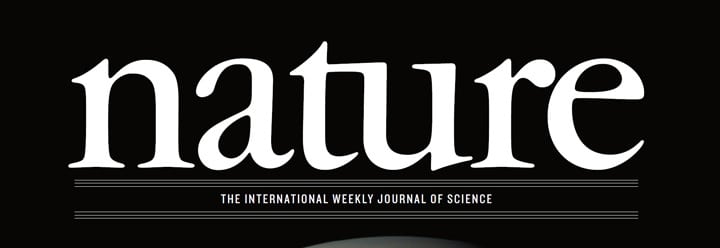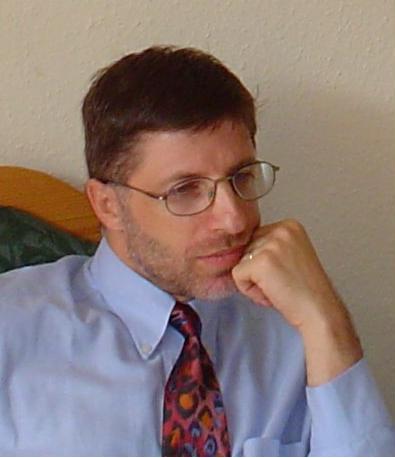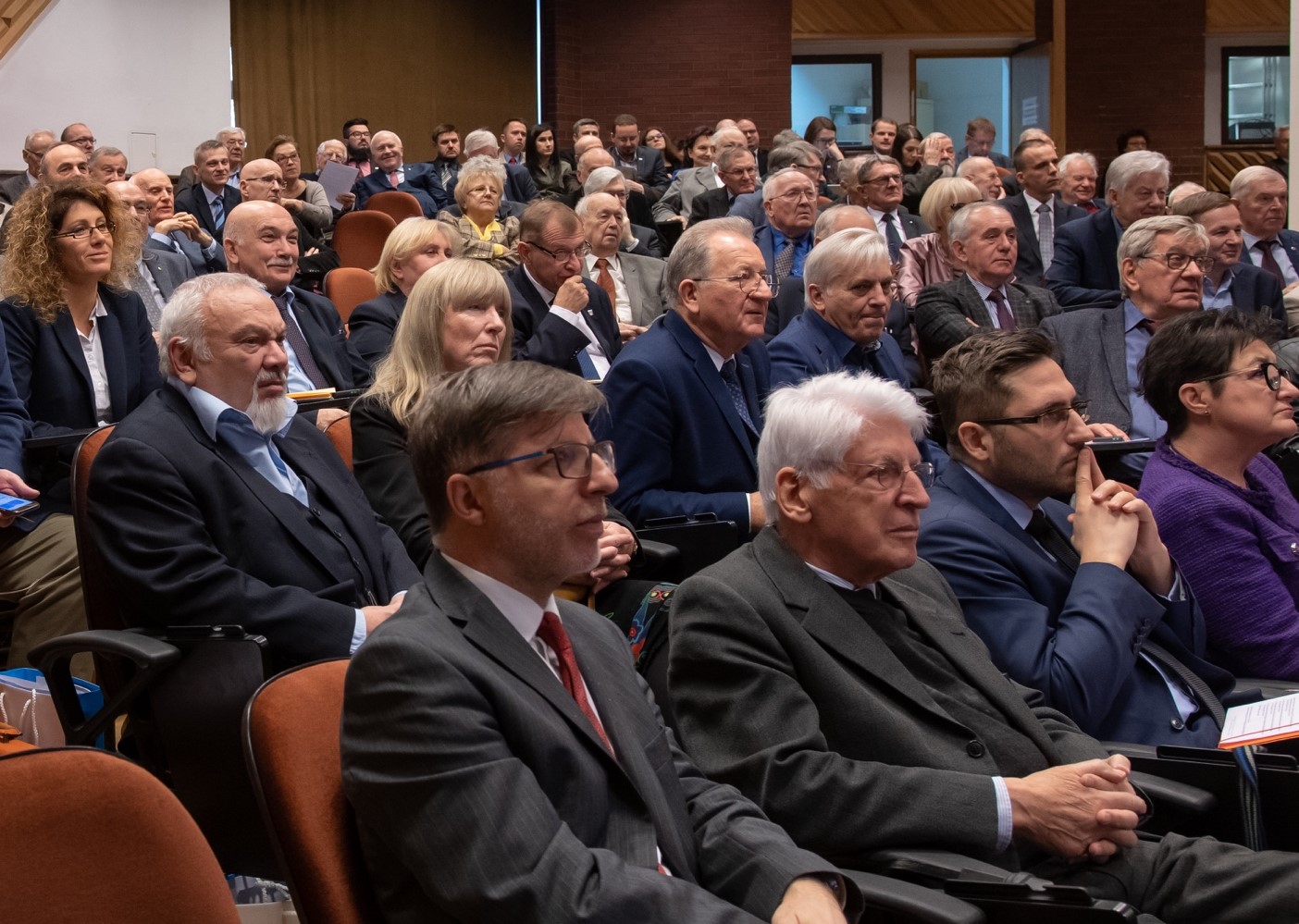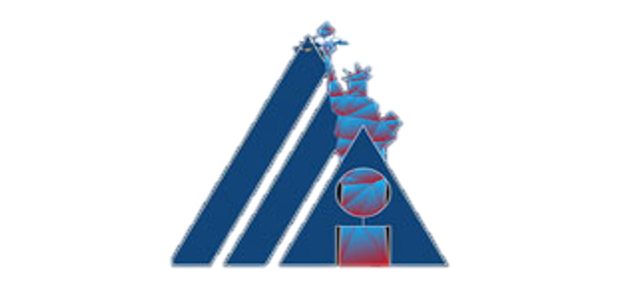The PASIFIC Call 1 is open!
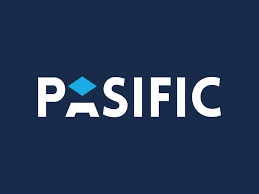
The PASIFIC Fellowship Programme is a unique opportunity for researchers who want to undertake state-of-the-art research in a dynamic scientific environment. It will enable scholars of all nationalities and across all scientific disciplines to establish their scientific independence and conduct ground-breaking research.
For 2 years, the fellows will be hosted at one of the institutes within the Polish Academy of Sciences (PAS), which is one of the most prestigious research institutions in Poland. They will have the freedom to choose their research area, research supervisor, host institute as well as secondment organisations best suited for their research and career development.
The PASIFIC Fellows will be offered a monthly allowance of approx. €2,500 net. Those, who decide to come to Poland together with their families, may be entitled to an additional family allowance. In addition, they will be granted a research budget of up to €93,000 per project.
Deadline: June 2021
More about PASIFIC Programme: https://pasific.pan.pl/call-1/
Potential Supervisors from the Institute of Computer Science of the Polish Academy of Sciences: Łukasz Dębowski, Włodzimierz Drabent, Jan Mielniczuk, Maciej Ogrodniczuk, Piotr Przybyła. More about supervisors you can find here: pasific.pan.pl/supervisors-from-institute-of-computer-science/




